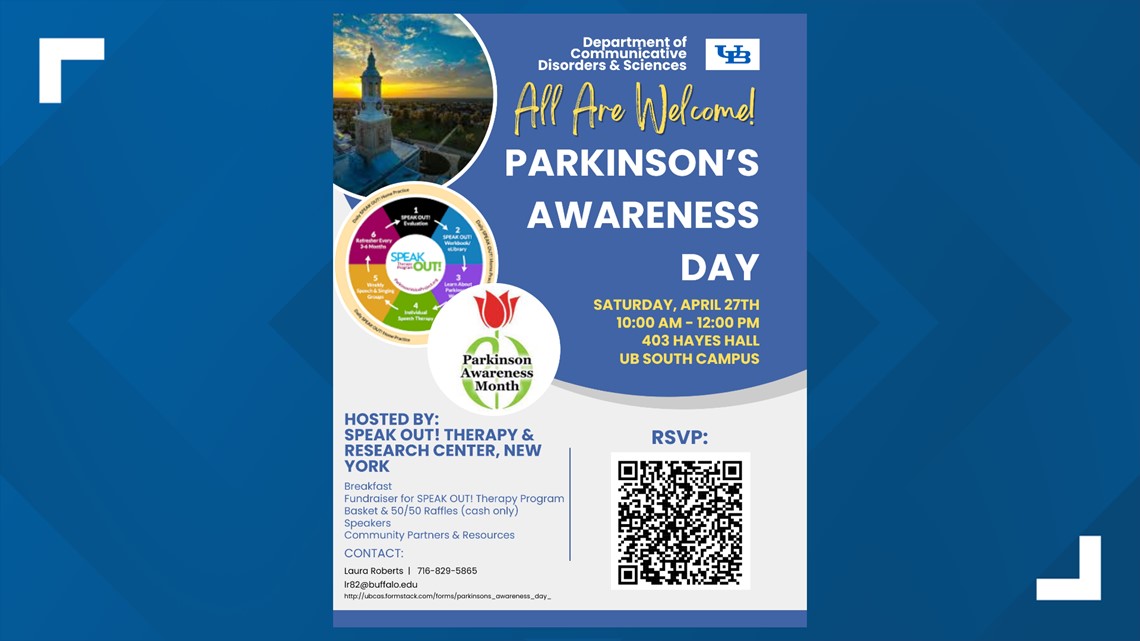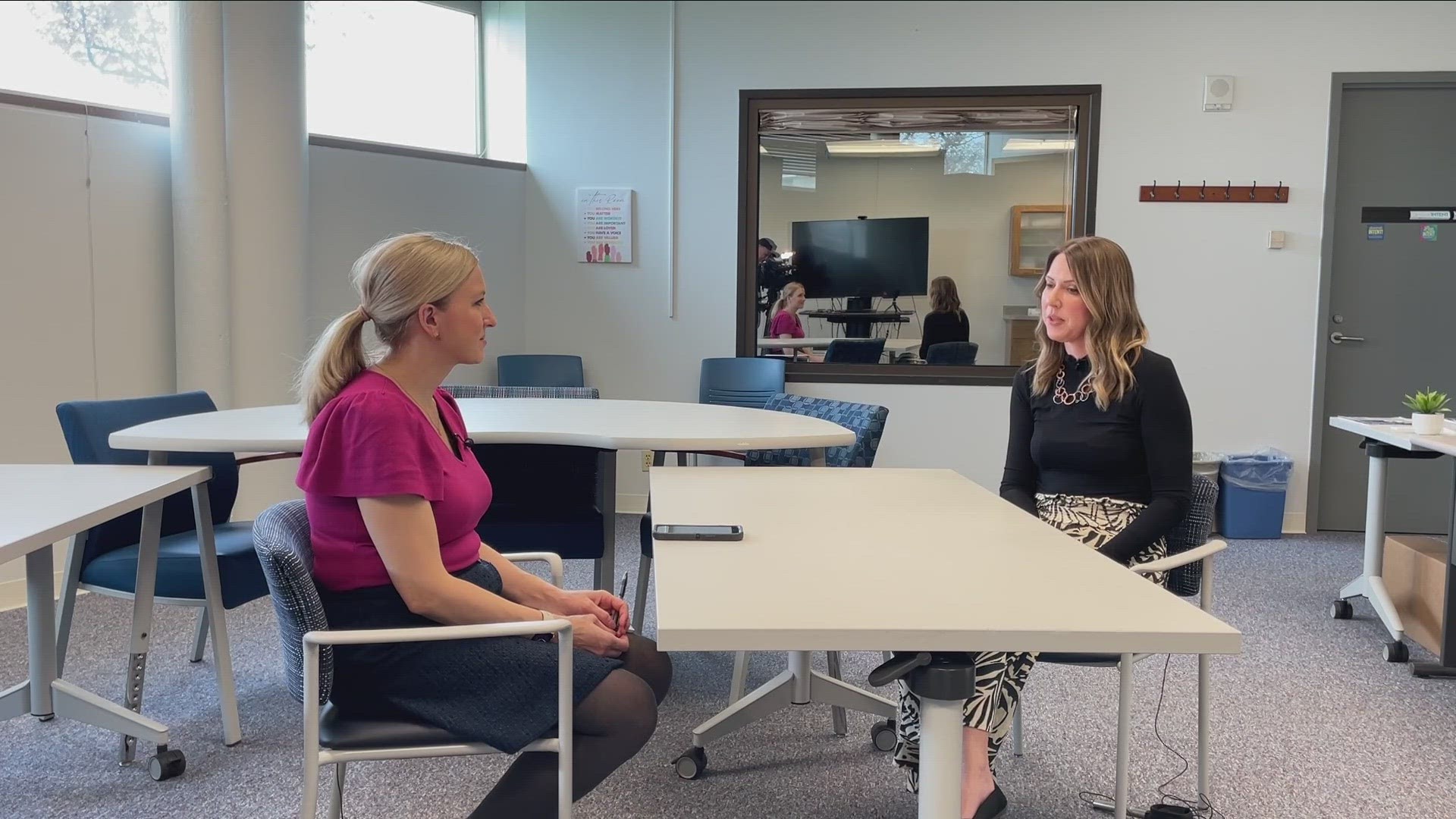BUFFALO, N.Y. — April is Parkinson's Awareness Month, and UB South is home to the New York State SPEAK OUT! Therapy and Research Center.
2 On Your Side stopped by Tuesday afternoon for a visit to see how this free program is helping people with Parkinson's disease communicate.
"We want to bring attention to the disease itself, who is affects, that it's one of the most rapidly growing neurological diseases in our country, but also to give resources to our patients and to other people in the community who might not be aware of those types of resources," said Laura Roberts, Clinical Lead at the SPEAK OUT! Therapy & Research Center at UB.
The SPEAK OUT! Therapy & Research Center at UB is funded and created by Parkinson Voice Project, and it's a place anyone impacted by Parkinson's Disease can go for therapy and more.
"We're lucky to be free of cost, so there's no charge to insurance companies. We don't bill privately for our services, and as we know, Parkinson's if a life-long disease so we tell our patients, we keep your forever. As long as you want to keep coming to see us, we'll be here. We'll be able to provide those services to you," said Laura Roberts.
Saturday, Roberts and her team will host their Parkinson's Awareness Day at UB South from 10 a.m. until noon. It's a breakfast and fundraiser.
"We're also going to have speakers from Parkinson's boxing, people from Rock Steady Boxing will be there, we have someone who is going to be talking about yoga and Parkinson's disease, we're going to have some tables set up with some people talking about mindfulness, we're going to have some of our researchers from our own department who do research for Parkinson's disease talk a little bit about what they're doing and the great work that's coming out of the University at Buffalo also," said Laura Roberts.
And if you can't join Saturday in-person, there's also a Zoom option.
"How important is it for people to make that connection, especially if you're going through a new diagnosis?" asked 2 On Your Side's Kelly Dudzik.
"It's so important. I think that people, our patients have told me that it can be, you know, it's such a sad thing sometimes to get that diagnosis. You might feel alone, you might feel like you're the only person in your family or in your friend group who has that type of diagnosis, and so when people are able to come here, they're able to meet other people with Parkinson's, they're able to meet their spouses or their care partners, and so in addition to the therapy that we do, we also run support groups so that they get a chance to speak to one another, they run ideas past one another, and so it's a really nice community feeling," said Laura Roberts.



